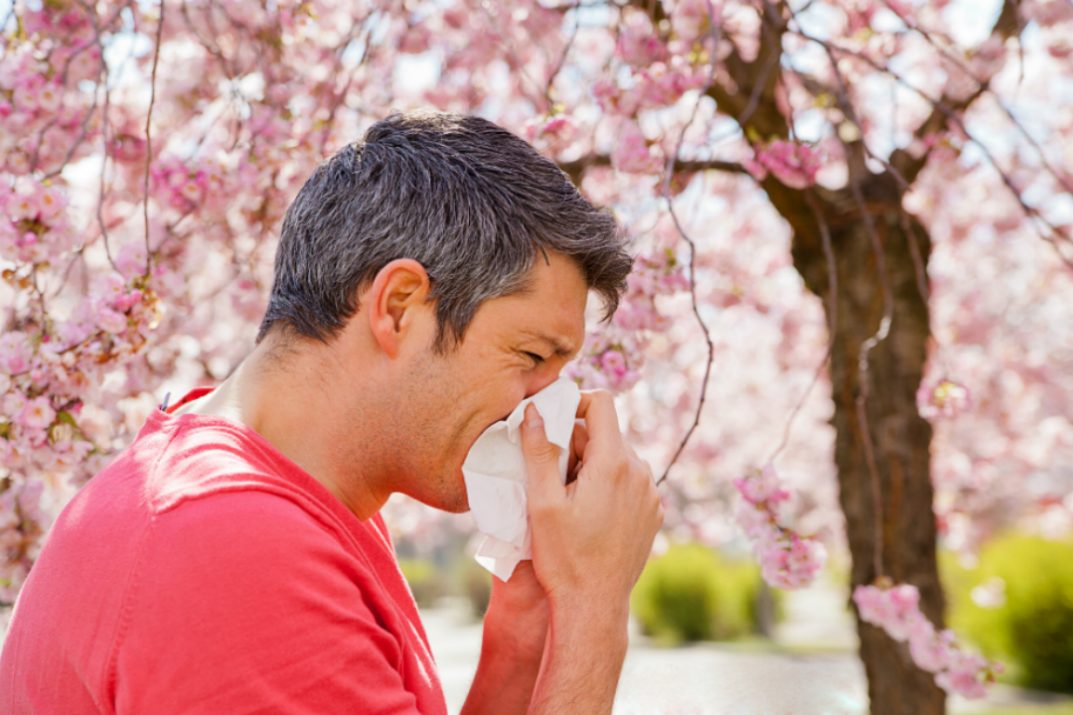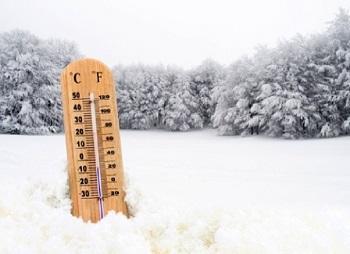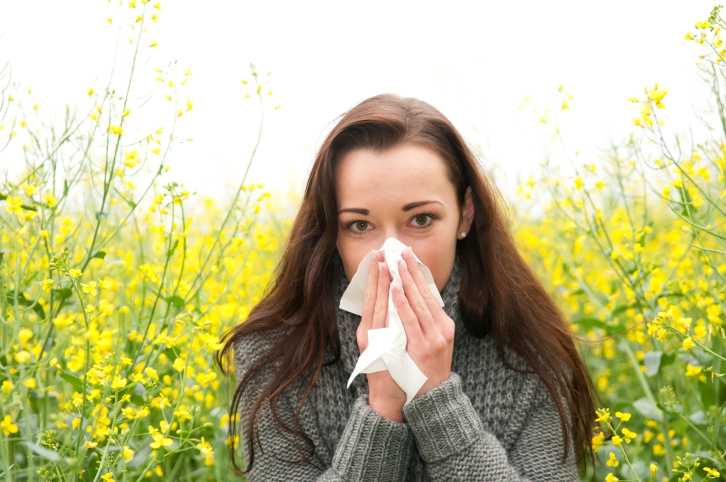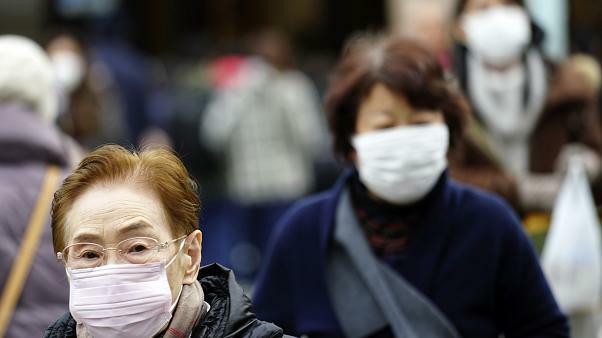When spring's around the corner, your thoughts might naturally turn to enjoying the outdoors, having picnics, and getting exercise in the fresh air.
However, people with spring allergies want to take part in those activities without sniffling, sneezing, itching, and rubbing their eyes.
Sensitive people call the condition hay fever, but doctors know it as seasonal allergic rhinitis. The main culprit in spring? Pollen. And it’s everywhere. So what can you do?
Soon after Valentine's Day, spring allergens swing into action, says Bradley Becker, MD, a professor of pediatrics at the St. Louis University School of Medicine and a doctor at the Cardinal Glennon Children's Medical Center.
Trees kick off pollen season in the early spring, followed by grasses in late spring and early summer. Weed pollens can trigger symptoms too, beginning in late summer.
Which pollens flourish -- and exactly when -- depends on what area of the country you live in, says Becker, a member of the American Academy of Allergy Asthma & Immunology.
Regardless of how much pollen bothers you, you can survive and thrive in spring with these tips, experts say:
Educate yourself about allergens.
Reduce exposure to allergens.
Consider over-the-counter remedies or see an allergist for treatment.
Consider allergy shots or immunotherapy.
What's Making You Sneeze?

The size of pollen grains - the tiny cells needed to fertilize plants - determines whether it’s likely to make you miserable, says Sakina Bajowala, MD, an allergist in St. Charles, Ill., and a member of the American Academy of Allergy Asthma & Immunology.
To cause trouble, "a pollen [grain] has to be very small and very light," Bajowala says. That kind of pollen - released by trees, grasses, and weeds - is designed to travel on the wind.
So it’s no surprise that windy days are typically worse for hay fever sufferers than calm days, Bajowala says. Wind can carry pollen more than 100 miles from its source.
Different people are sensitive to different grass and tree pollens, she says. Sensitivity varies too by the region of the country you live in and which trees are common there.
How to Reduce Pollen Exposure
Experts agree the first step for allergy sufferers is to avoid the allergens -- easier said than done, especially if you are not sure exactly what's triggering your symptoms.
Staying indoors between 10 a.m. and 4 p.m., when pollen counts are generally higher, can help. So can using a HEPA (high-efficiency particulate air) filter on your furnace and air conditioner, Bajowala says.
Scheduling your errands and your workout for later in the day on high-pollen days also help, Bajowala tells WebMD.

Other tips for avoiding exposure:
If you have a pet that goes outside, wipe his fur off before he comes back in. Pets can bring pollen indoors on their fur.
Take off your shoes before you come inside, so you don’t track in pollen.
Dry your clothes in a dryer; don’t hang them outside.
Treating Spring Allergies
If avoiding allergens isn't enough to keep symptoms at bay, you can try over-the-counter antihistamines to treat symptoms, Becker and Bajowala say.
"It's very reasonable to try an over-the-counter antihistamine," Bajowala says. When exposed to allergens, an allergic person’s body releases histamines, which attach to the body’s cells, resulting in allergic symptoms. Antihistamines stop allergy symptoms such as itching of the nose and throat and sneezing by blocking the action of histamines.
If you have itchy eyes, over-the-counter eye drops may help, she says.
Over-the-counter decongestants may help with nasal stuffiness from allergies. These medications constrict vessels in the nasal passages and reduce swelling. Options include oral and nasal spray decongestants.
Because decongestants may raise blood pressure, you should ask your doctor before taking if you have heart disease or high blood pressure. Also, ask your doctor before taking if you have thyroid disease, an enlarged prostate gland, or diabetes.
Although you can take over-the-counter oral decongestants for up to a week if necessary, you should not use nasal decongestant sprays for more than three days because they may lead to increased nasal congestion with longer use.
Read the label for more information about side effects, and be sure to follow the dosing directions for over-the-counter medications.
Another option is cromolyn ( Nasalcrom), she says, but it needs to be taken three or four times a day. This nasal spray reduces the release of histamines.
If the over-the-counter medications don't work, consider seeing an allergist, Becker says. A doctor’s advice may help you if allergies give you trouble sleeping, trouble concentrating at work or school, or recurrent allergy problems. An allergist can prescribe other medications as well.
Allergy Testing
If you don’t know what you’re allergic to, you might consider allergy testing, Bajowala says.
Skin tests can be more accurate than blood tests, Becker and Bajowala agree. "For inhalants like pollens, skin testing is better," Becker says. "It's a little more sensitive."
In a skin test, a doctor inserts a tiny bit of the allergen itself under the skin, Bajowala says. If you’re allergic to that substance, redness and a bump will appear on your skin within minutes.
Blood tests detect antibodies to the pollens. Becker uses them for people who don't tolerate skin testing.























































